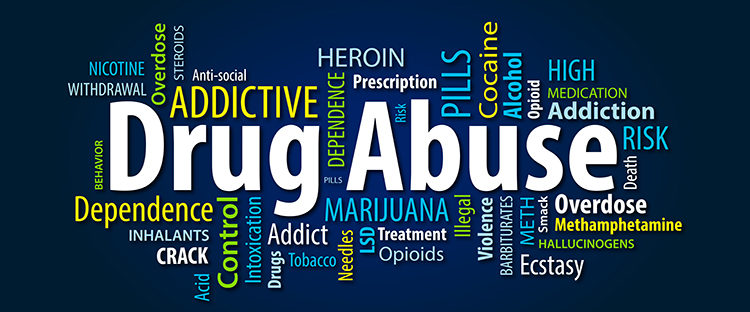From Drug Consumption to Drug Dependence
Most users of substances started using with the idea that they would try the substance, and maybe use it recreationally. No one plans to become dependent, and many don’t even realize it’s happening. Casual consumption turns to dependence psychologically and physically. As use becomes more frequent, drug tolerance is developed, which can start the path to drug dependence, and drug addiction. Drug tolerance simply means that the drug effects diminish, and more of the drug is needed to achieve the same feeling. As users take more and more to get the desired effect, the risk of drug overdose becomes higher.
Drug Addiction and Drug Withdrawal
As drug consumption continues, and drug tolerance is increased, our brains change to account for the increased use. Stopping or reducing use, with many substances, can lead to drug withdrawal, as drug detoxification takes place in the body. With opiates/opioids, cocaine, alcohol, and even nicotine, this physical drug withdrawal can be very uncomfortable. People feel physically sick, and their brain craves the drug, often motivating individuals to take actions that they would not normally take- like stealing, skipping work, and lying to family and friends.
Drug Detox and Drug rehabilitation
Drug detoxification serves multiple purposes. It provides external accountability to help people not give up and use, it provides medical care to ensure that the user is safe during the body’s detox process, and it also serves to keep the user more comfortable through the process. Detox is still hard, but a professional detoxification can make the process considerably safer and more comfortable, than doing it on your own. Once the body is detoxed, the process of rehabilitation can start.
What does it mean to enter drug rehabilitation?
Drug rehabilitation is the process of making changes in your life to avoid falling back into drug use and drug addiction. There are a great number of ways that people can start a path in recovery, and many times this starts after drug detox, with some kind of treatment. If the user has the opportunity to engage an inpatient or residential treatment, this is often a great start to the recovery process. What’s commonly referred to as “rehab” is this kind of treatment, where someone lives at the treatment center for a period of time; this allows for the focus to be placed solely on recovery, and it also helps the person remain accountable to their sobriety.
After treatment has taken place, it’s time for the person in recovery to re-enter their lives. This may include returning to work or family. It may also include designing a new life that is very different from what they engaged during active addiction. At Tharros, we focus on this stage of recovery. To learn more about our approach, and what you can expect at Tharros, visit our website at www.TharrosHouse.com



